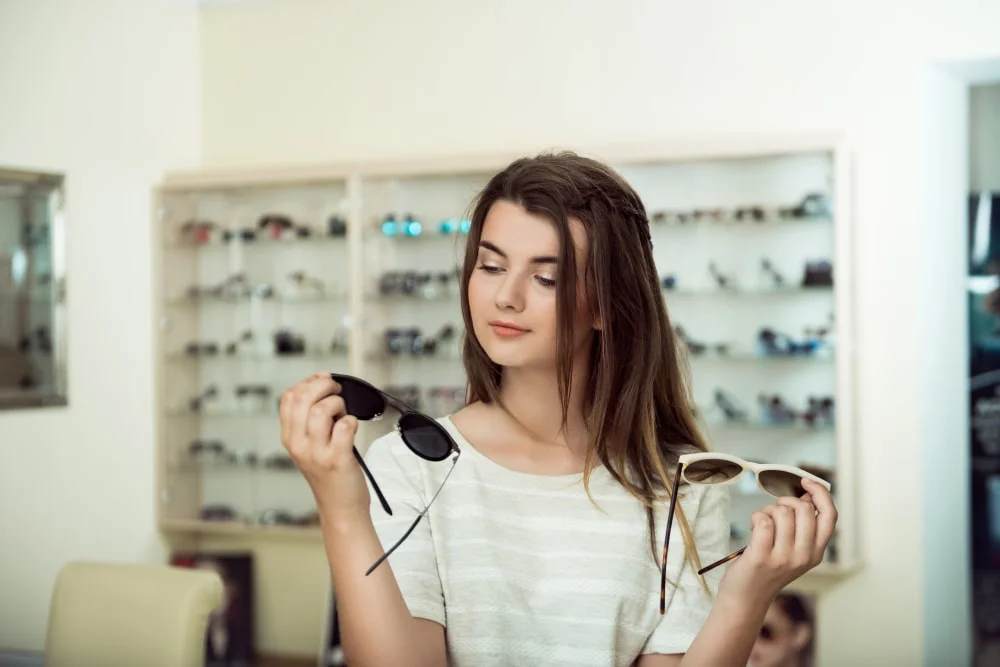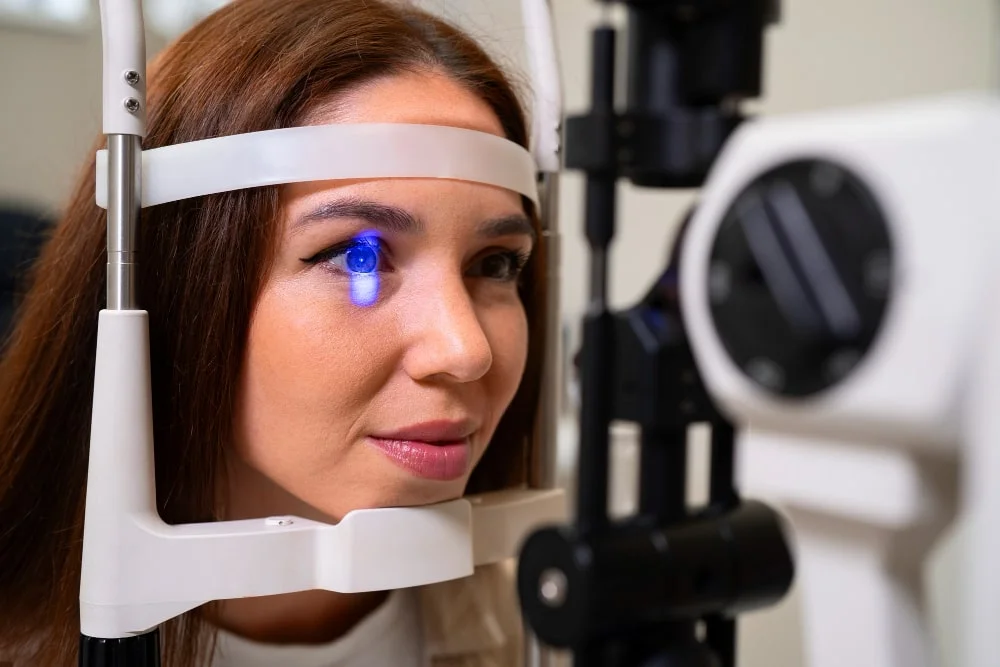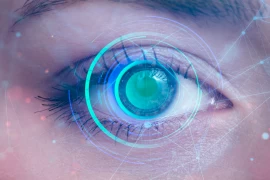
Eye Control in Children for School Success
- Eye Control in Children for School Success
- The Relationship Between Vision Problems and School Success
- Symptoms of Vision Problems in Children
- Eye Checks and Early Detection in Children
- Tips for Parents to Preserve Children's Eye Health
- Conclusion
The academic success of our children depends on their having healthy vision. Eye health is a fundamental part of the learning process, and vision problems can negatively impact a child's academic achievements. Therefore, regularly monitoring the eye health of children is essential to facilitate their school life and help them receive a successful education.
The Relationship Between Vision Problems and School Success
Vision problems can cause children to struggle with daily school activities such as reading, writing, following writing on the board, using a computer, and doing homework. If a child's vision problems are not detected and treated early, they can lead to more serious learning difficulties, including reading challenges, writing problems, and attention deficits.
Symptoms of Vision Problems in Children
Symptoms of vision problems in children can vary depending on the child's age and gender. However, the following signs may indicate the presence of vision problems:
- Frequent Headaches: Children with vision problems may often complain of headaches because they have to strain their eyes to read or see writing on the board.
- Reading Difficulties: If your child mixes up or skips letters or words while reading, it could be a sign of vision problems.
- Difficulty Seeing Up Close: If your child has trouble seeing objects up close or cannot read text in books or on the board clearly, it may be a sign of a vision problem.
- Redness or Itching in the Eyes: Redness, watering, or itching in the eyes can be associated with eye problems.
- Attention Issues: Children with vision problems may struggle to maintain their attention, leading to difficulties in focusing and learning in the classroom.

Eye Checks and Early Detection in Children
Regular eye checks are crucial to protect your children's eye health and improve their school success. The first eye examination should be conducted by the end of infancy or no later than the age of 3. Afterward, follow-up eye exams should be scheduled as recommended by the eye doctor, based on your child's age and needs.
Early diagnosis allows for more effective treatment of vision problems. An eye doctor will assess your child's eye health and visual acuity and create a plan that may include recommendations for corrective measures such as glasses or contact lenses.
Tips for Parents to Preserve Children's Eye Health
To maintain your children's eye health and ensure they have a healthy visual system, consider the following tips:
- Regular Eye Exams: Schedule regular eye check-ups for your children, with the first one occurring by the age of 1. Follow the recommended frequency of eye exams as determined by your eye doctor.
- Healthy Nutrition: Diet plays a direct role in eye health. Encourage your children to consume foods rich in vitamins and minerals, especially vitamin A, vitamin C, and omega-3 fatty acids, which are essential for eye health.
- Sunglasses Usage: Teach your children to wear sunglasses to protect their eyes from harmful UV rays. Exposure to the sun's UV rays can lead to eye problems later in life.
- Proper Lighting: Ensure that your children have well-lit environments for reading and writing. Adequate lighting can reduce eye strain.
- Limit Screen Time: Restrict your children's screen time on computers, tablets, and phones. Extended screen time can lead to eye fatigue.
- Eye Hygiene: Teach your children to wash their hands regularly. Touching the eyes with dirty hands can lead to infections.
- Glasses Usage: If your child needs glasses, encourage them to wear them as prescribed by the doctor. Glasses help the eyes focus correctly.
- Break Rules: Explain to your children the importance of taking breaks during extended reading or screen time sessions. Encourage them to follow break rules.
- Eye Relaxation Exercises: Teach simple eye relaxation exercises to soothe their eyes and reduce eye fatigue.
- Set an Example: Demonstrate the importance of eye health through your own actions. Be a good role model.
Preserving children's eye health can enhance their school success and overall quality of life. By following these recommendations, you can support your children's eye health and make a significant difference in the long run.
Conclusion
The academic success of our children is dependent on their having a healthy visual system. If vision problems are not detected and treated early, children may face difficulties in school and encounter learning challenges. Therefore, it is crucial not to neglect regular eye check-ups to protect your children's eye health. Routine examinations conducted with an eye doctor can help children have a healthy learning experience and shape their future success.






